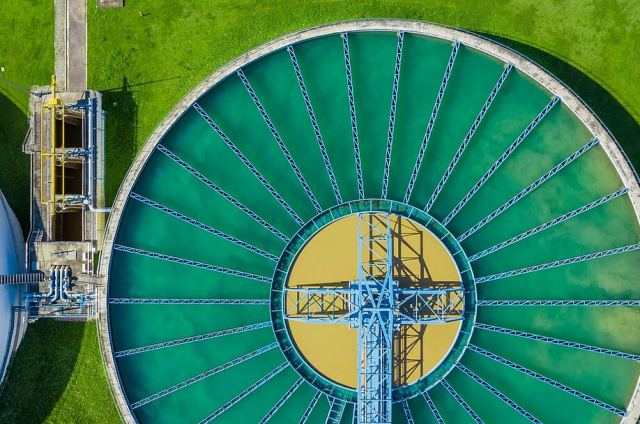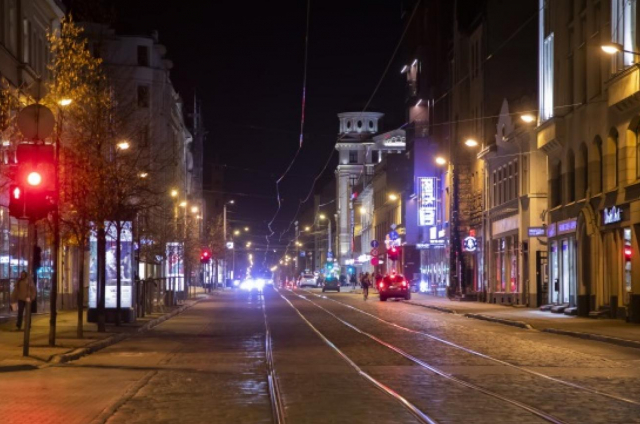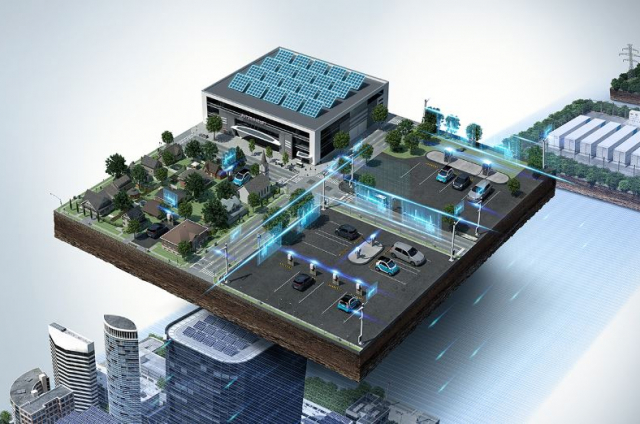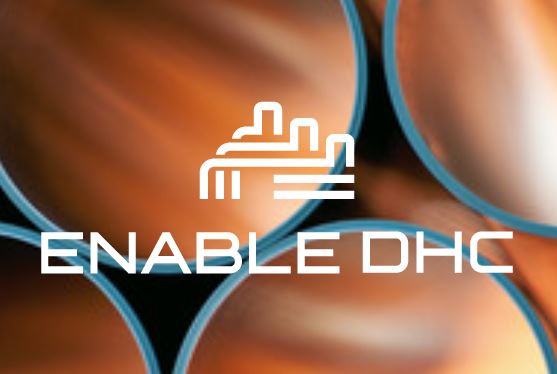Smart lights in Ķīpsala have helped the municipality save more than 4600 euros
Status: Realized projects
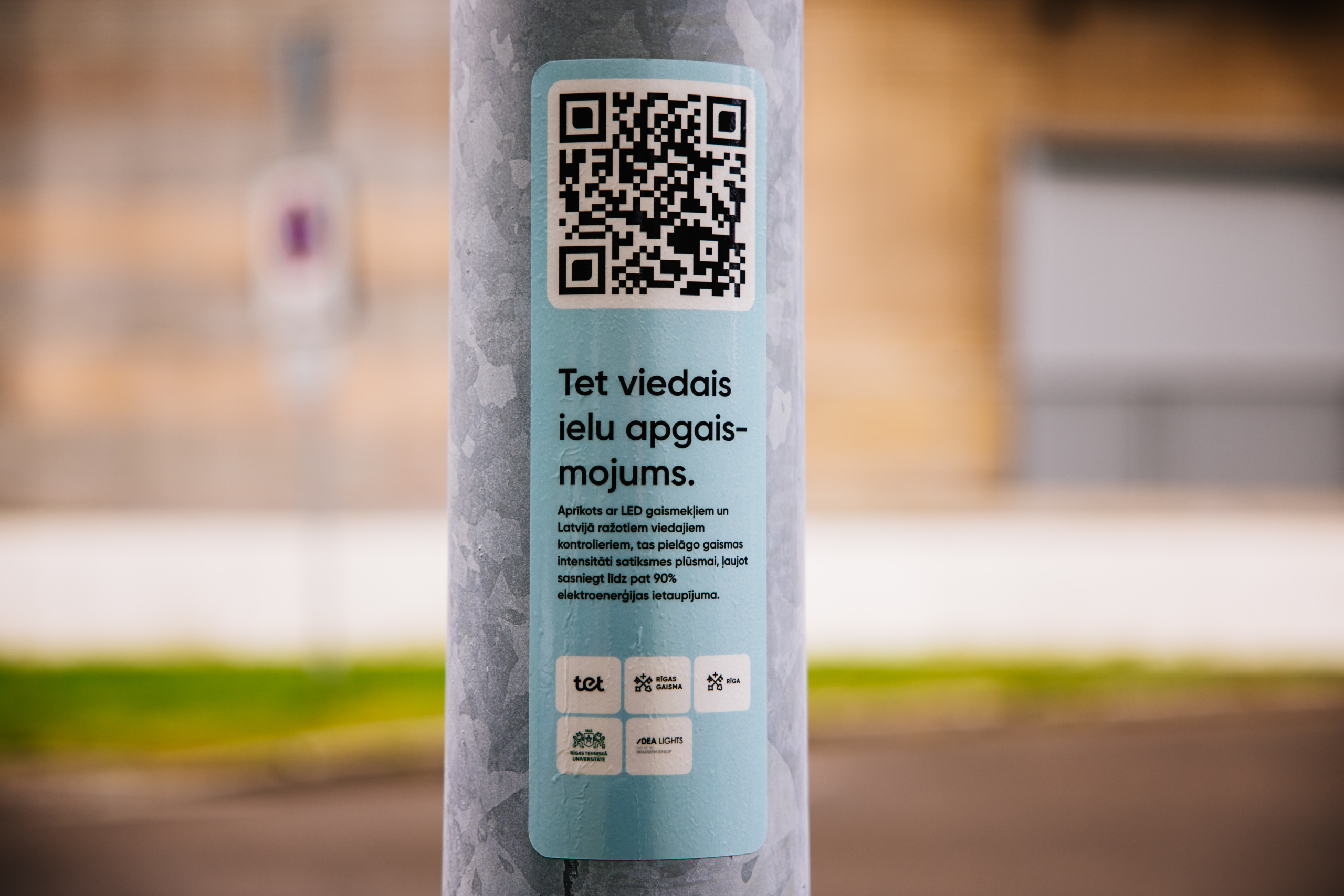
In 2022, thanks to the introduction of smart lighting in three streets of Ķīpsala, the Riga municipality managed to save 4685.44 euros, resulting in a 79% reduction in electricity costs compared to the previous year. The project was implemented by Tet in collaboration with Riga City Council, the municipal agency “Rīgas gaisma,” Riga Technical University, and the subsidiary of Draugiem Group, Idea Lights. The smart lighting system, which consists of low-consumption LED lights, Latvian-made smart controllers, and motion sensors, was installed in 66 lamp posts on Āzenes, Ķīpsalas, and Zunda coastline.
The Chairman of Tet’s board, Uldis Tatarčuks, mentioned that the Smart Cities initiative is one of Tet’s innovative projects, aiming not only to improve the environment, energy efficiency, and test technologies in real-life scenarios but also to demonstrate immediate financial results. The pilot project in Ķīpsala has proven to be successful, with significant savings achieved for the municipality. Before implementing the smart solution, the monthly cost per lamp post was around 17 euros during autumn and winter. However, with the dimming option introduced in the smart lighting, the cost reduced to just 3.30 euros per post.
Armands Jukums from Riga City Council’s City Development Department expressed high appreciation for the collaboration with Tet and emphasized the city’s goal to promote innovative technology testing in smart city pilot areas to provide more convenient municipal services for residents and stimulate rapid economic growth. The city remains open to future initiatives from Tet and other companies in the field of smart technology to address urban challenges and achieve climate targets, aspiring to become one of the first 100 climate-neutral cities in Europe.
Tet plans to increase the dimming range to maximize energy savings in the future. Currently, the light intensity amplitude is set at 100% during motion and 70% during still periods. However, Tet aims to test intensity reduction down to 20% during idle times, significantly reducing energy consumption and cost.
In addition to the smart lighting, a Tet environmental and air sensor station has been operational in Ķīpsala for two months. It provides data on air quality, temperature, humidity, noise, wind strength, and UV radiation levels. So far, the sensor data has met the requirements of the European Air Quality Index, and comparisons have been made with data from Riga City Council and Latvia’s Environmental, Geological, and Meteorological Center. Moreover, data from motion sensors in the smart lighting system also provide traffic intensity information, allowing observations on the correlation between air quality and traffic intensity, although other factors may also influence air quality.
Tet will continue to collect and compare this data with traffic intensity and data from artificial intelligence cameras installed earlier in the year. To ensure data quality, a new sensor station will be installed near the national air monitoring station in central Riga. These stations and data will be vital in assessing the quality of the surrounding environment, making improvements, and measuring their effectiveness in the journey towards climate neutrality.



